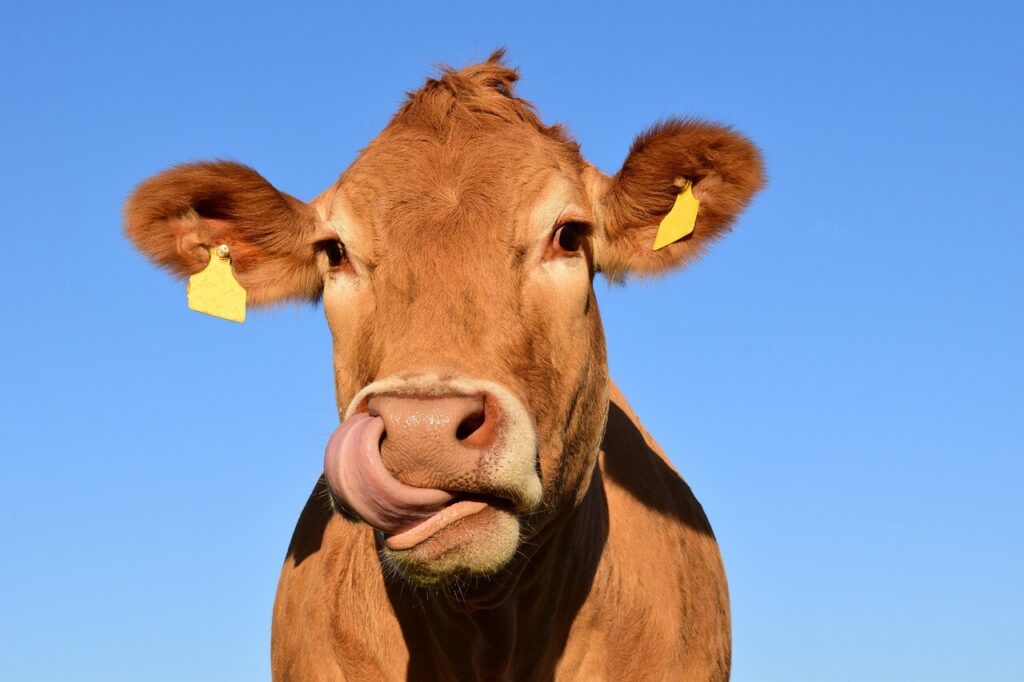It’s safe to say that animals don’t have it particularly good these days. Honestly, being any part of the natural planet that isn’t “a human” is not great generally. If you’re really, really lucky, you’ll be cute enough for people to have domesticated you down to a cartoon of yourself and consider you for a pet. Otherwise, if you’re tasty, you’re meat, and if you’re not, you’re a nuisance. It’s a particularly long fall from grace for some animals that, in older religions and even some existing today, were considered gods or their vessels, with all the perks that came along with it.
Cows
Of all the animals on this list, the hand dealt to the modern cow might be the worst. You’re going to spend your life getting your nipples yanked on until you’re in your prime, at which point you’re likely taking a pneumatic rod to the temple. If you’re lucky enough to be a cow raised by one of those real hippy-dippy, super-expensive meat producers, you’ll get to do the same thing, but also run around a little in between.
There is one safe haven for the cow, one where it’s still considered a sacred animal. Unfortunately, as much as the cows might wish it, the religion in question isn’t global. I’m talking, of course, about Hinduism, which has kept the cow in high regard in India for centuries. Of most interest to the cows is the fact that killing them is banned in much of the country. Their consumption is also banned, so nobody can act like the cow just fell on an axe, so they figured they might as well. In fact, in a twist that cows must savor like a particularly savory cud, humans have been killed in retribution for eating their meat.
Elephants
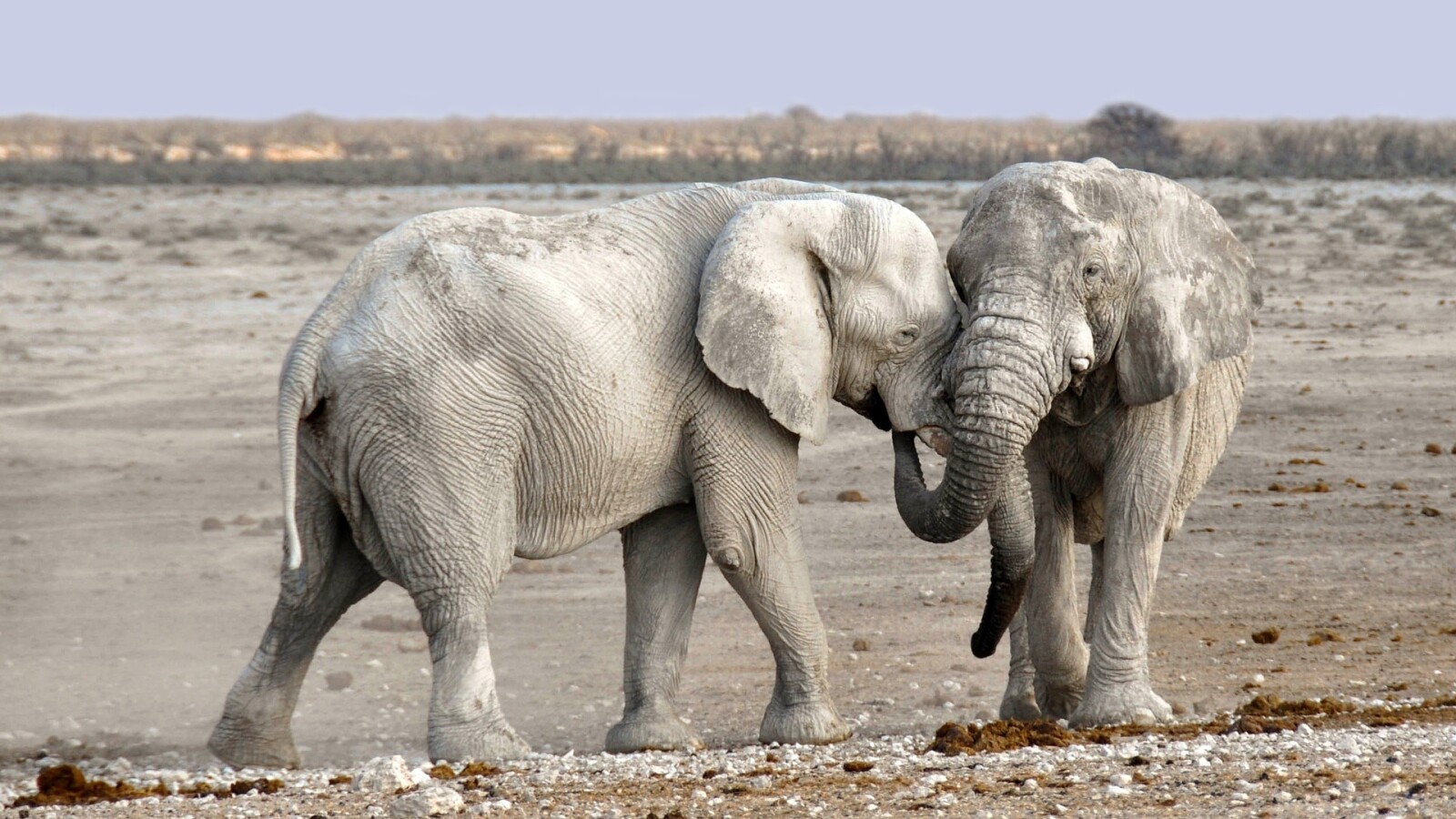
Elephants, as a whole, are a whole lot safer than cows. I can’t speak to the quality of the meat, but I’d have to think it’s pretty unpleasant, or else they’d be walking winter pantry-fillers. Killing them is rare nowadays (or at least is supposed to be) thanks to a modern, legal blessing of the classification of many as an endangered species. Something they might have never needed had everyone viewed them as the Hindus do, who forbid their killing even if they may have “started it” by stomping your house and home to smithereens. They’re supposed to be an incarnation of the god Ganesha, so if your house is flat now, it’s because Ganesha willed it so, I guess.
Even that honor pales (no pun intended) to the sacred status that Buddhists have bestowed on white elephants. If you were an elephant lucky enough to come out particularly pale in Thailand (the artist previously known as Siam), you were immediately guaranteed a life of leisure. You became the king’s property, and anyone owning one was forbidden from not only harming it, but from using it for any sort of labor. They also required dinner and digs befitting such a holy animal, which, surprise surprise, were much more expensive than Acme Elephant Chow. The nightmare that came with having to actually take care of one if the king decided to bestow it upon you is the origin of the term “white elephant” for a gift that no one wants.
Ravens
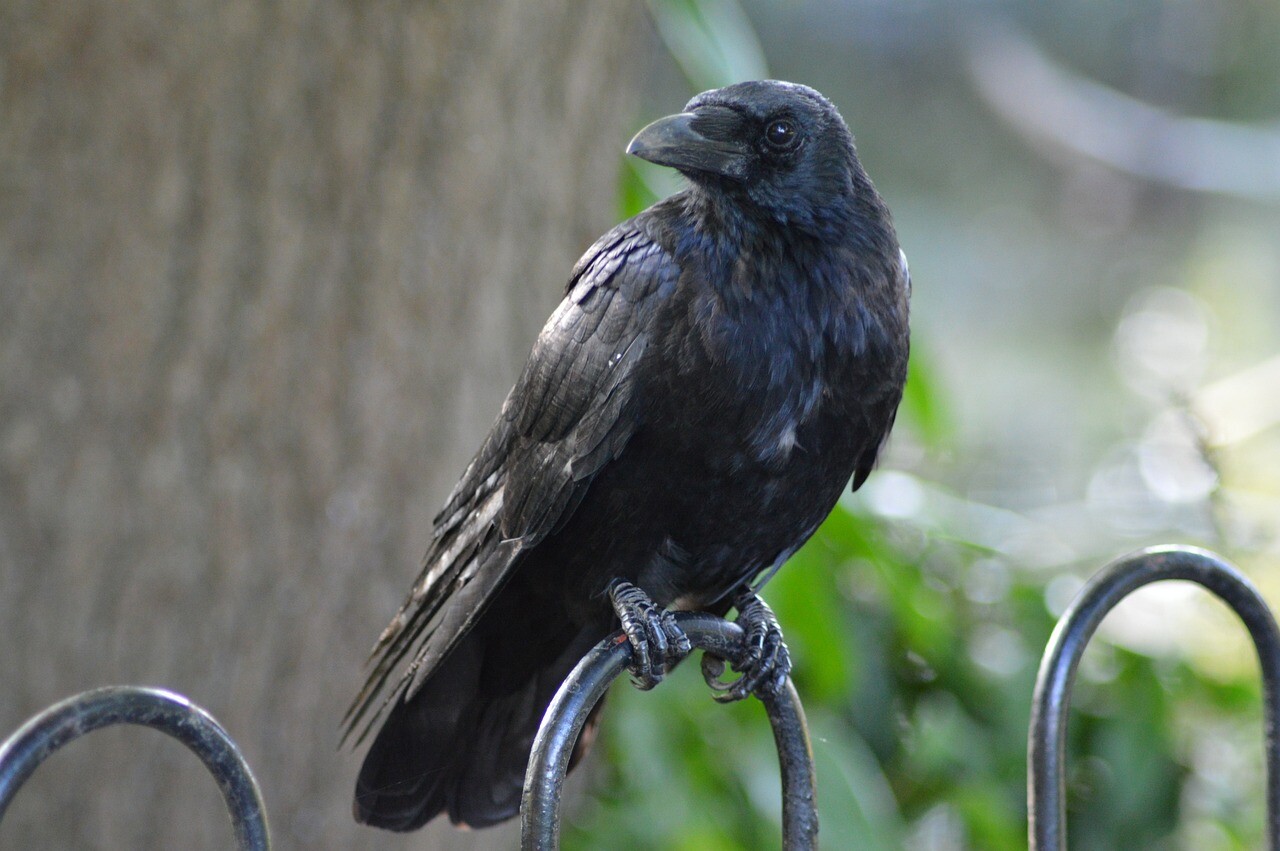
The raven is an interesting creature because, even in an extremely secular modern world, they still feel like they’ve got a little questionable juju to them. They might not still be connected to a particular god, like the ones that served Odin, but if you find yourself surrounded by a flock of them, I bet even lifelong science-lovers couldn’t help feeling a little spooked. Edgar Allen Poe and generations of goths certainly didn’t make them less creepy.
For the Tlingit people, however, the raven isn’t just an animal with some interesting vibes, but their chief deity. This is owing to one of their creation myths, where the raven is responsible for stealing the daylight and giving it to the people. The gift of daylight, being a pretty essential part of workable human life, was enough to land the raven, or Yeil, and all representations and incarnations of him, in rarefied air.
Cats
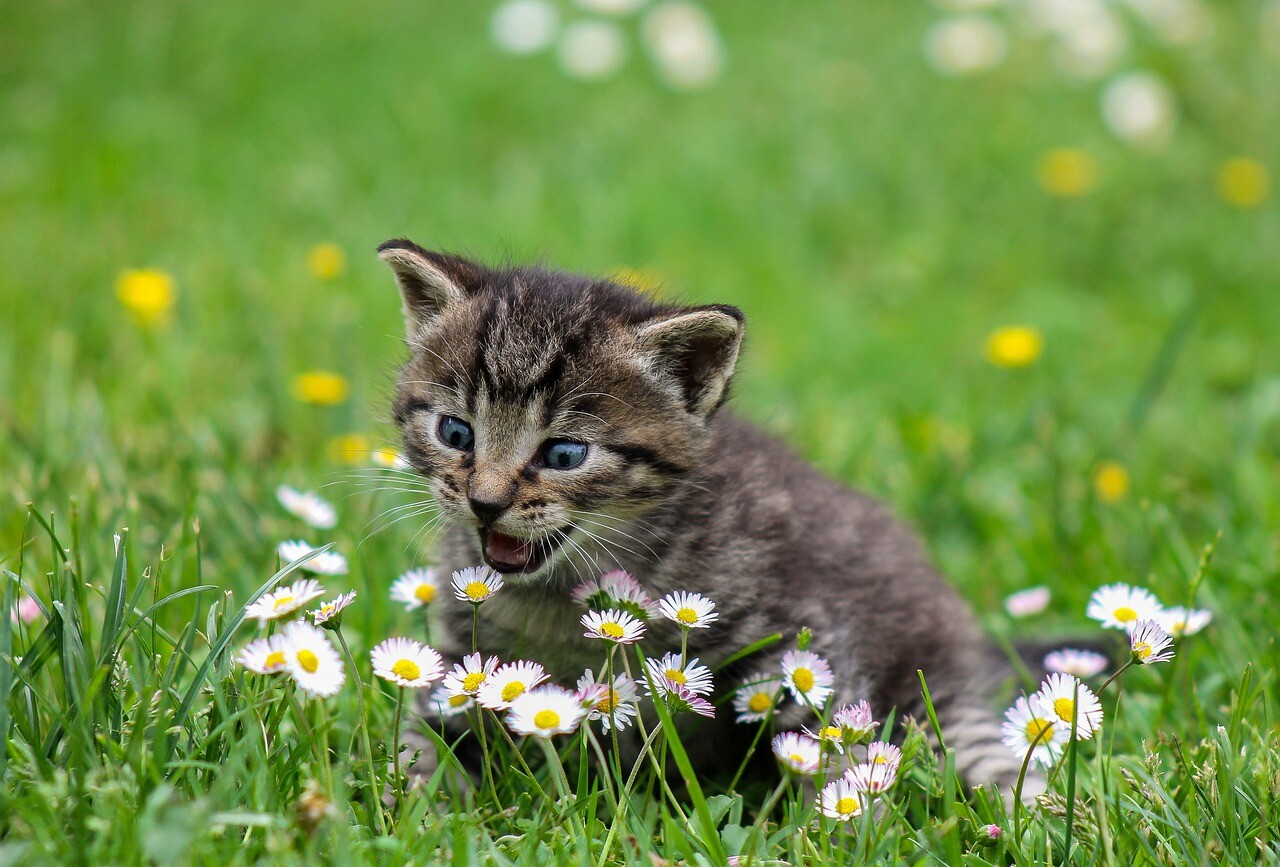
Possibly the top Family Feud answer on animals with divine ties from the past is the cat. Now, it’s not like they’ve got such an incredibly raw deal these days, since there’s definitely cats out there that probably have a nicer place to sleep than plenty of humans, but it’s nothing compared to their status in ancient Egypt. They thought that gods could inhabit the bodies of cats, and cats also had a direct connection to the god Bastet.
In addition to the standard, but much appreciated “no killing” clause afforded to most of the animals on this list, the cats of the pharaohs got some next level perks. They were often dressed in gold and allowed to eat from the Pharaoh’s plate, something I have to assume would be a good way to get murdered otherwise. Speaking of which, I do need to add one exception to the fact they weren’t allowed to be killed: being mummified. What an honor.
Basically Every Animal in Egypt
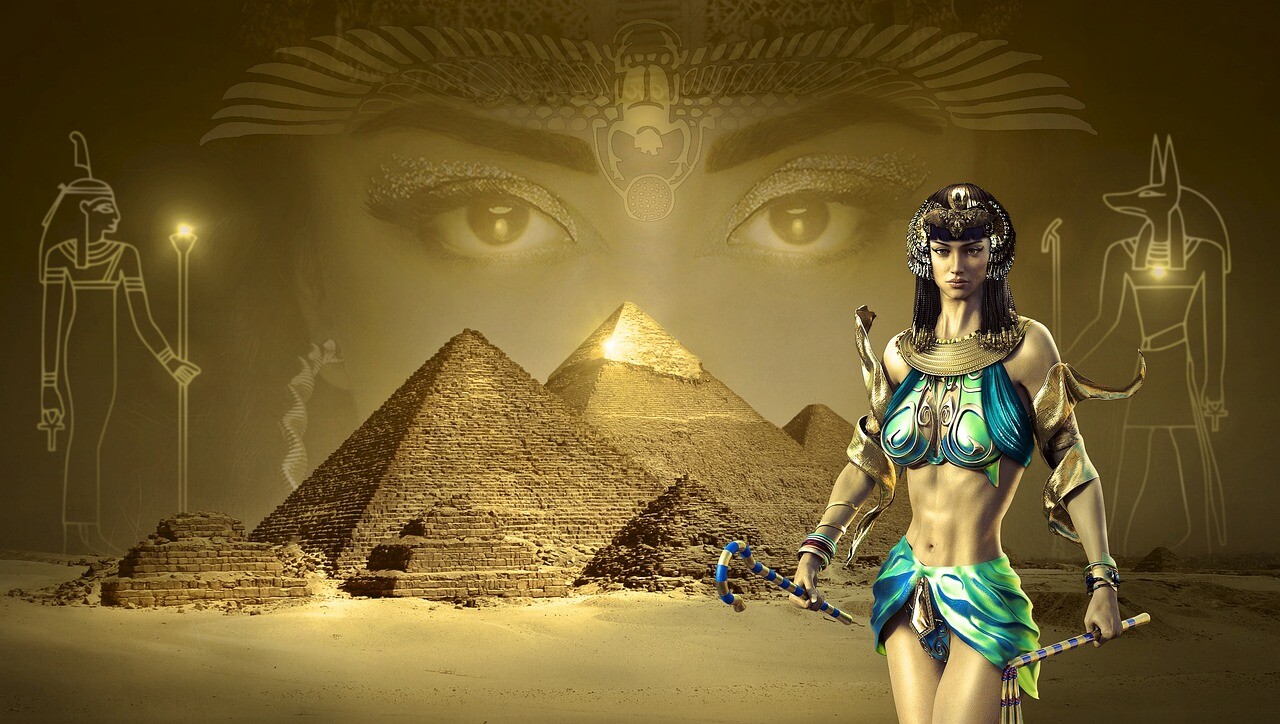
Cats are the most commonly known ones, but the ancient Egyptians might beat out even the Hindus in terms of the sheer amount of animals they considered to have godly connections. Given that their pantheon was filled with animal-headed gods, you couldn’t toss a bit of pyramid without hitting a partially divine creature. The ibis was connected to Thoth, the crocodile to Sobek, the baboon to… also Thoth, weirdly.
If you’re ever cursed to exist in animal form by some witch benevolent enough to give you the power of choice, I’d ask to at least get put in Egypt. You made me a dung beetle? Joke’s on you, I’m a “sacred scarab” now!
Eli Yudin is a stand-up comedian in Brooklyn. You can follow him on Twitter and Instagram at @eliyudin and listen to his podcast, What A Time to Be Alive, about the five weirdest news stories of the week, on Apple Podcasts, Spotify or wherever else you get your podcasts.

